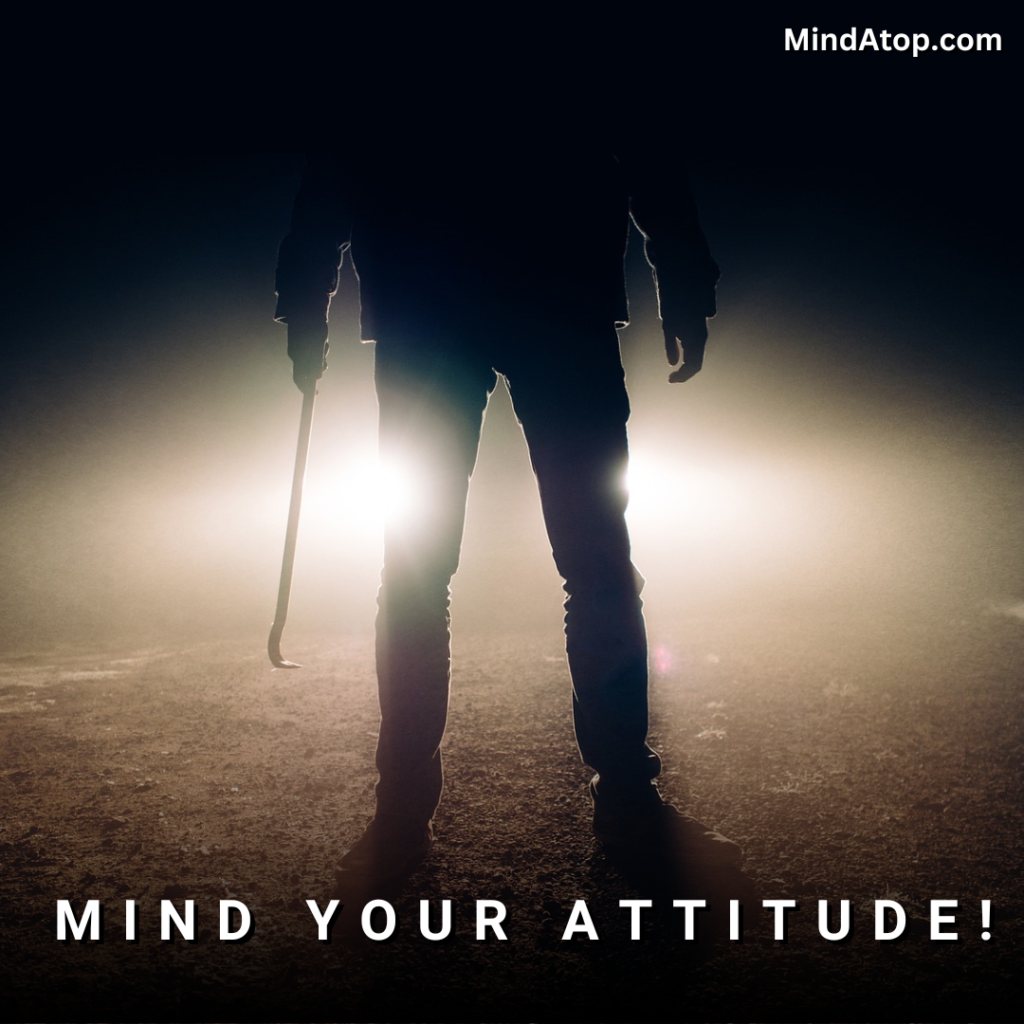Raghu grew up in an environment surrounded by constant conflict. His parents argued and fought over trivial matters, neighbours bickered over boundaries, and the community was divided by caste and creed. In such an environment, Raghu learned to see the world through a prism of fear, resentment, and injustice.
As he grew into a man, Raghu’s attitude hardened. He became intolerant of anyone who didn’t share his views, and he was quick to resort to violence to settle disputes. He believed that his aggressive approach was the only way to set things right in the chaotic world around him.
One day, a disagreement between two families escalated into a violent confrontation. Raghu, fuelled by anger and a desire for justice, joined in without hesitation. He was ready to let blood flow if the need arose. But in the midst of the chaos, something unexpected happened. A powerful occurrence of deep tolerance unfolded before his eyes.
A wise elder from the village, known for his calm demeanour and unwavering compassion, intervened. With a few simple words, he diffused the tension and brought harmony to the situation. Raghu watched in awe as the conflict dissolved, replaced by understanding and respect.
This experience shook the foundations of Raghu’s negative belief systems. For the first time, he began to question his own attitude towards differences. But old habits die hard, and despite his moment of enlightenment, Raghu found himself slipping back into his old ways.
However, fate had other plans for Raghu. One evening, while reflecting on his actions, he stumbled upon a group of children playing in the village square. Their laughter was infectious, and their innocence touched something deep within him. In that moment, Raghu realized that happiness and light were within his reach, if only he was willing to let go of his anger and resentment.
Determined to change, Raghu sought guidance from the wise elder who had shown him the power of tolerance. With patience and perseverance, he slowly began to transform his attitude towards differences. He learned to listen with an open heart, to embrace diversity, and to find common ground even in the midst of disagreement.
As the days passed, Raghu noticed a profound shift within himself. Where there was once darkness, there was now light. Where there was once conflict, there was now peace. And where there was once despair, there was now hope.
In the end, Raghu discovered that conflicts do not arise
from differences of opinions or interests, but rather from the wrong attitude
towards these differences. And by choosing love over hate, understanding over
judgment, he found true happiness and fulfilment in his life.

